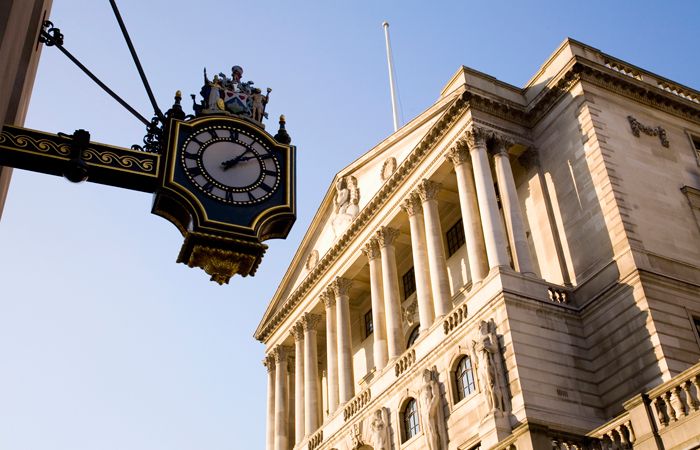
The Bank of England must wait for more sustained signs that persistent inflation has been wrung out of the UK economy before it moves to cut interest rates, said Megan Greene.
The external Monetary Policy Committee member pointed out that stubborn inflationary pressures had waned since she joined the nine-member body last July, partly because of the “restrictive stance” policymakers had taken.
“In considering for how long we must retain our restrictive stance before policy should be eased, I think the burden of proof therefore needs to lie in inflation persistence continuing to wane,” Greene said in a speech to manufacturing trade body Make UK today.
Greene was in the 7-2 majority when the MPC voted last week to keep base rate at its 16-year high of 5.25%, as the central bank battles to bring down inflation from 3.2% to its 2% target.
The MPC member said she will closely watch pay growth and unemployment rates before the committee’s next meeting in June.
Wage pay rises, excluding bonuses, remained at 6%, according to data from the Office for National Statistics earlier this month.
But economists had expected pay growth to slow to 5.9% between January and March, while the unemployment rate rose to its highest level for nearly a year to 4.3% over the same period.
Greene said: “Wage growth across all metrics has been elevated for some time, and as I have noted before is a key indicator of domestic inflation persistence.”
She added: “We expect regular private sector pay growth to remain elevated at around 5% by the end of the year.
“This unexplained strength in wage growth is a key concern for inflation persistence.”
However, she pointed out that firms hoarding staff, by cutting down worker’s hours rather than letting them go might be a factor. This feature saves companies the cost of recruiting and training new workers when the economy strengthens.
Greene said: “Persistent hoarding may slow the return of inflation to target by preventing the labour market from loosening.
“But if firms suddenly capitulate and stop hoarding labour, unemployment could jump and inflation could undershoot the target.”
At the MPC’s rate decision press conference earlier this month, BoE governor Andrew Bailey said a base rate cut next month was possible but not a “fait accompli”.
Financial markets see a roughly 50% chance of a first quarter-point rate cut next month.



